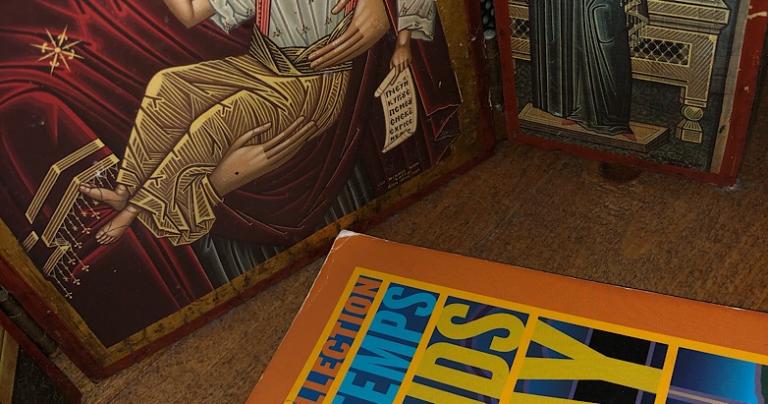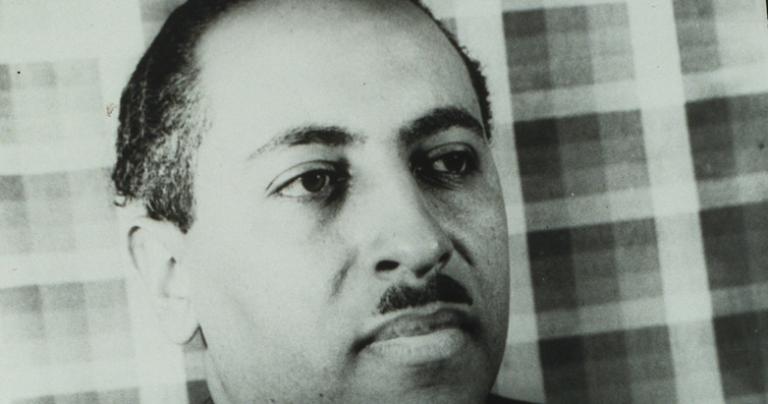 Some of us are born believing we are “lucky” or that we are “men of destiny.” This is a bad idea and not because God does not bless people or call us to certain tasks. The blessings of God come from a person who cannot be manipulated or controlled. There is no “charming” God, talisman that can force His hand, or favorite who can make Him do what he does not wish to do.
Some of us are born believing we are “lucky” or that we are “men of destiny.” This is a bad idea and not because God does not bless people or call us to certain tasks. The blessings of God come from a person who cannot be manipulated or controlled. There is no “charming” God, talisman that can force His hand, or favorite who can make Him do what he does not wish to do.
His will is done on earth as it is in Heaven. We pray because He delights in leaving some issues contingent and waiting for us to ask. His will is done and God never wills evil, but there are some good gifts that we can have if we ask. There is no job God is not best at doing, but God allows us to live.
Sometimes for very complicated reasons we make a mess of it. One of those reasons is the ugliness and harm others do. (Lord, have mercy on me a sinner!) Raise a child hopelessly, give him an inferior education, and make his best prospects in the world of crime and you make it hard for him to do right. Arna Bontemps, one of the greatest American novelists you may not know, has pictured such a man, Little Augie, in God Sends Sunday.
Little Augie is small, but born under favorable portents. He believes in his luck, yet his luck will peter out as he restlessly looks for what he will never find: contentment in a true home. Little Augie never finds it. He loves animals and his size, race, and luck make him a jockey in the Gay Nineties (1890’s!). Little Augie’s belief in his “luck” pushes him to risky behavior that is initially rewarded, but ultimately destroys him.
Society has nothing more to offer an American-American man than poverty or flashy cash quickly earned, as easily spent, and destructive vices. Nobody cares when Little Augie kills another black man over a woman. He is allowed to live in vice until he commits the sin of falling in love with the former mistress of a white man. His “luck” turns and the last half of the book shows a man with the Mark of Cain, the curse that white supremacy declared black skin to be, doomed like Cain to wander. Little Augie never loses a false pride and a hollow dignity, but he is only capable of harm. 
Little Augie is rich, “n- rich” as the book describes it, with ready money, but has no concept of investment. He is generous, giving bountiful gifts to his older sister and her children. Little Augie is wasted. At this point, a lesser novelist would invite our pity and judgment on society and society certainly deserves the judgement. Yet Little Augie himself squanders grace, calls it luck, and mercy in his superstition and shallow desires. He brushes against church people, but the vibrant life of the Church, which might save him, is one he misses.
God sends him Sunday after Sunday, but he misses the blessing. Why?
The books title (I suspect) harks back to an old English lament for the wastrel: “come day, go day, God send Sunday.” The man wastes his days, the blessings they contain, and waits for Sunday, the first day of the week and a day of a rest. The idle person can reboot his week, try again, and need not work. Like Little Augie by the end of the book, the idle man might sleep through a day waiting for tomorrow.
His luck will change next week. God send Sunday. God sent a mess of Sundays, Little Augie had his blessings, but frittered his Sundays away. To the very end, Augie is able to move on, wander further, even if wandering is devastating, leaving the only restful home he might claim: a marked Cain.
Bontemps cannot fully blame Little Augie or excuse him. God sends Sunday and we, like Little Augie, too often waste what we are given. We do so for a sad blend of external injustice and internal faults. Who are we to judge anyone, but self?
Arna Bontemps was raised religiously, but the ugliness of life cost him his Christian beliefs. Still he lived God haunted, thinking in Christian categories and morality. Is a man irreligious when his thoughts and life are shot through with God?
Poet, historical novelist, children’s author, Arna Bontemps was a Renaissance Harlem man.
Read the book.












